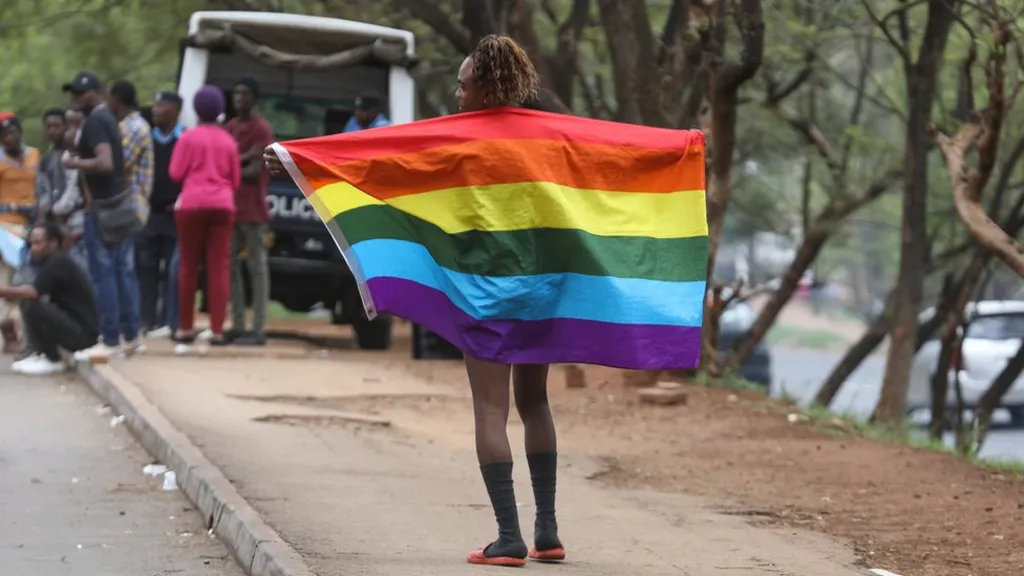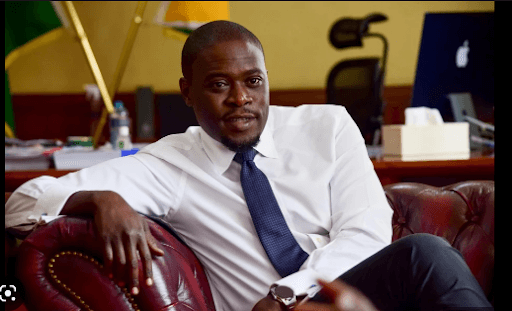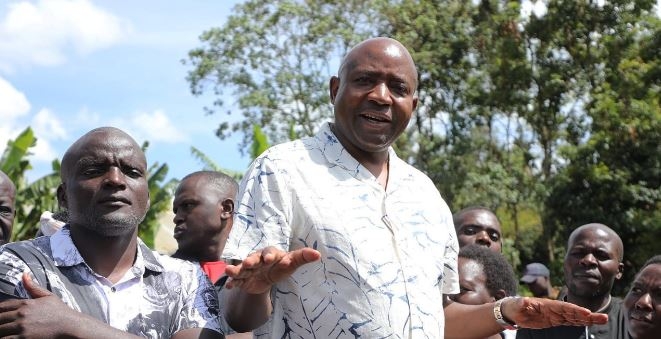

In Kenya, to come out openly as queer not only earns one stigma, it is also a safety risk.
But to be a queer human rights activist championing the rights of that marginalised group raises the threat levels multifold, a new report shows.
Launched by Defenders Coalition, the report exposes the growing dangers faced by human rights defenders (HRDs) working on Sexual Orientation, Gender Identity and Expression (Sogie) issues.
Titled, ‘Defending rights and truths boldly’: Survey on the situation of the Sogie human rights defenders in Kenya, the report highlights a sharp increase in threats, violence, harassment, discrimination and forced evictions targeting LGBTIQ+ defenders over the past decade.
These violations are not isolated incidents, rather, they reflect systemic and widespread homophobia and transphobia ingrained in many aspects of Kenyan society.
“Perpetrators range from law enforcement officers and landlords to religious leaders, neighbours and even family members,” it says, adding that being both queer and visible as an advocate places people directly in harm’s way.
“They’re not just targets because of who they are—they’re targets because they refuse to be silent.”
Unlike the general LGBTIQ+ population, queer human rights defenders are more visible and frequently interact with institutions and individuals that hold hostile attitudes.
Whether attending court hearings, organising community forums, or using media to raise awareness, their work often exposes them to backlash from both the public and state authorities.
“Despite constitutional protections for freedom of expression and assembly, many defenders report being denied justice, ignored by police when seeking help, or even further victimised by the very institutions meant to protect them,” it reads.
The absence of explicit legal protections based on sexual orientation and gender identity leaves them particularly vulnerable.
One recurring theme in the report is displacement. Many defenders have been evicted from their homes once their work became known, while others have faced threats that forced them to relocate multiple times or go into hiding. A number have lost employment or been denied access to healthcare services because of their activism.
The toll is not only physical or economic—it is also emotional. Many defenders suffer mental health challenges including burnout, anxiety and depression, exacerbated by isolation and constant fear for their safety. And yet, most continue.
The report points to the remarkable resilience and commitment of queer HRDs who, despite the risks, remain at the forefront of advocacy, support services and legal reform efforts.
“Many cite personal experience as their motivation, having themselves faced discrimination or violence.”
The Defenders Coalition is calling for urgent and concrete action. Their recommendations include enacting comprehensive anti-discrimination laws, creating state-supported protection mechanisms for defenders, increasing funding for emergency response and promoting nationwide education initiatives to counter harmful stereotypes.
“There’s a myth that queer rights defenders are outsiders pushing a foreign agenda,” said the Coalition’s spokesperson.
“But they are Kenyans. They are our neighbours, our colleagues, our fellow citizens—and they deserve protection.”
As the report makes clear, defending human rights should not be a gamble with one’s safety. Yet for LGBTIQ+ defenders, every step forward often comes at a price. Still, their courage continues to light the way in a country where silence too often feels like the only safe choice.


















